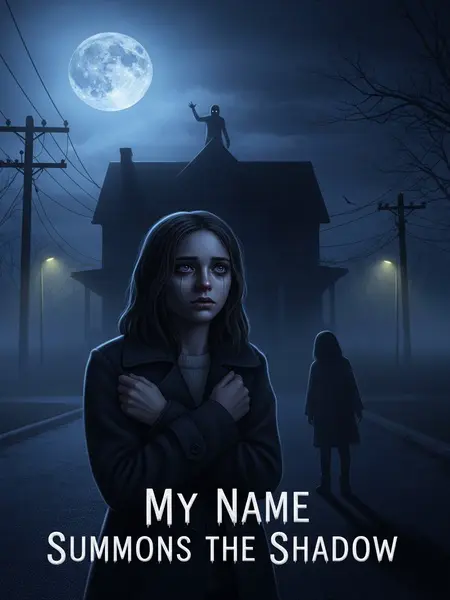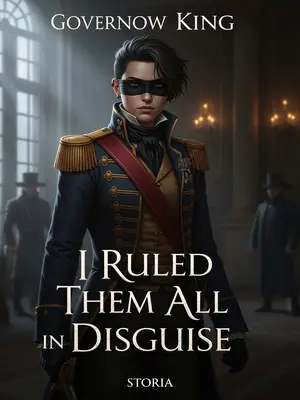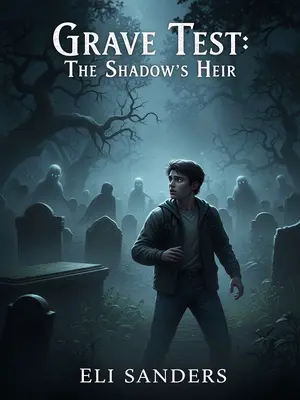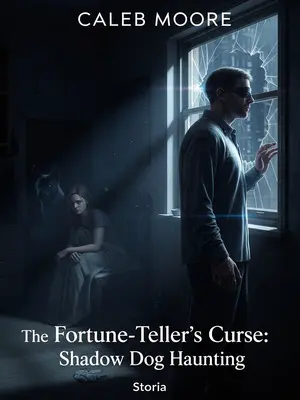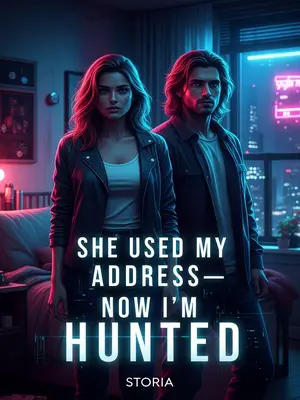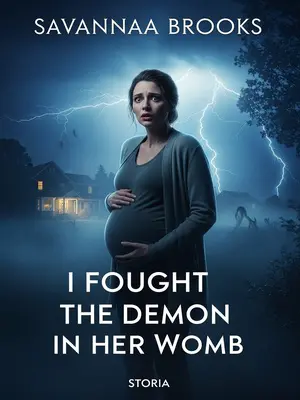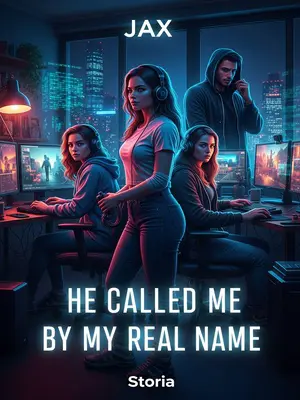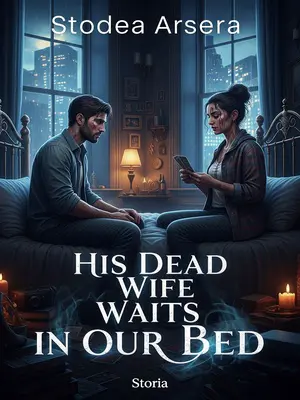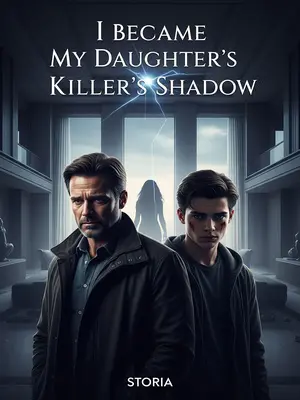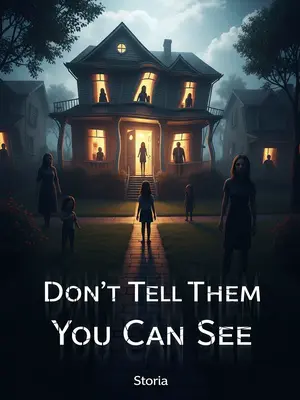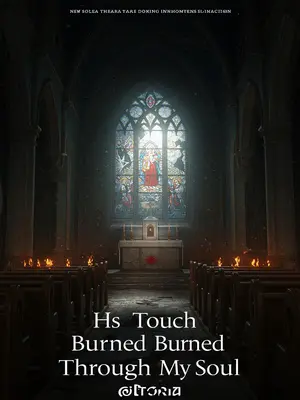Chapter 2: The Night Everything Changed
My mom was talking about my twin brother, who died when we were young.
That memory always felt distant, like a blurry photo tucked in a forgotten album. My brother’s absence echoed in the quiet—empty shoes, an unused chair at dinner, a silence that never left.
They always told me he died of illness, but now it seemed there was more to the story.
Some dark undertow ran beneath our family. Suddenly, the terror in my parents’ eyes made sense.
"Mom, how did my brother really die? And what was that thing just now?"
Mom didn’t answer. Panicked, she grabbed a mask and slipped it over my face.
It was an old N95 left from the pandemic, elastic tight behind my ears. Her hands shook, fumbling the straps over my nose. For a second, everything smelled like hospital rooms and antiseptic.
"Honey, don’t ask. Put on the mask quick, and try to slow your breathing."
Sixteen or not, my cheeks burned. I almost tore the mask off, hating the feeling of being babied. But rules in our house weren’t up for debate—not after dark.
After sunset, no one in the family is allowed to say my name.
It was our secret code, an unbreakable law. My name became a forbidden word, like yelling "fire" in a movie theater. Sometimes it felt like even thinking my name could bring disaster.
No one else is supposed to say my name, but since I don’t go out at night, I rarely meet outsiders.
I’d gotten used to answering to a grunt, a whistle, or a look. People thought my parents were quirky, homeschooled-me odd, but nobody pried—especially with all our moves.
Once, Mom called my name in her sleep. When she woke, she slapped herself so hard she drew blood.
I remembered the red line on her cheek the next morning, the way she wouldn’t meet my eyes for days. The house felt colder than a January storm.
That night, we ran like our lives depended on it, leaving everything behind.
The U-Haul was packed in twenty minutes. I hugged my favorite comics and left the rest. It was always like this—leave before dawn, don’t look back.
Back then, I was just a kid. I didn’t get it, so I did whatever they told me.
I thought every family kept bug-out bags by the door, that everyone had fake names ready for school.
Now, Dad was pulling on a jacket and packing, just like always.
He moved with robotic urgency, snatching up his wallet, the portable charger, my birth certificate folder—even my high school yearbook.
"Lisa, hurry—pack the essentials. We’re leaving right now."
His voice was hushed but final. The clock on the wall read 2:17 AM.
Leave? In the middle of the night—again?
I stared down at the dusty duffel bag we never fully unpacked. My heart sank.
We’d only lived here for less than two months.
The apartment still smelled like paint and cardboard. I could count on one hand the friends I’d almost made at school.
For as long as I could remember, we were always moving.
My childhood was a blur of rest stops, thrift store furniture, and new school IDs.
East coast, Midwest, small towns, big cities.
We’d been everywhere—Portland, Des Moines, Knoxville, even a winter in Laredo. Our family album was just Walmart photo packets held together with a rubber band.
Never more than a year in one place.
No chance to put down roots, join a basketball team, or finish a school year with the same teachers.
Mom wiped her face, sobbing.
Mascara streaked down her cheeks. Her voice was raw, echoing in the near-empty room. "When will these days of hiding and running ever end?"
She dragged over a suitcase. I grabbed her hand, gripping tight, desperate for something that made sense.
"Mom, tell me—what have we been hiding from all these years? What was that thing just now?"
She stroked my face, her touch gentle, eyes glassy with regret. She looked at me like I was still the little boy who believed in monsters.
"Don’t ask anymore, honey. It’s all our fault."
Guilt coated every word. She turned away, shoulders shaking.
I was tired of this life. But they refused to tell me anything.
I stared at my clenched hands. My voice came out small. "I can’t do this anymore."
Frustration boiled over. I sat on the floor, stubborn, the carpet rough against my legs. If we were leaving, I wanted answers first.
"If you don’t tell me the truth tonight, I’m not going anywhere."
Dad, still packing, rushed over and slapped me hard.
The crack echoed in the dark, my jaw stinging. His face twisted, not just angry, but scared. He looked away, jaw clenched, like he hated himself for it.
"You idiot! Have you forgotten what happened seven years ago?"
His words hit like cold water, dredging up memories I’d buried deep.
Seven years ago…
My head buzzed. I saw again that blood-soaked concrete lot.
